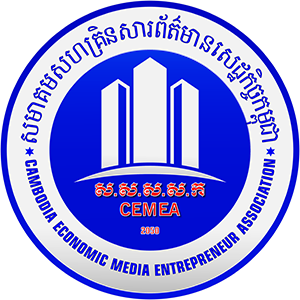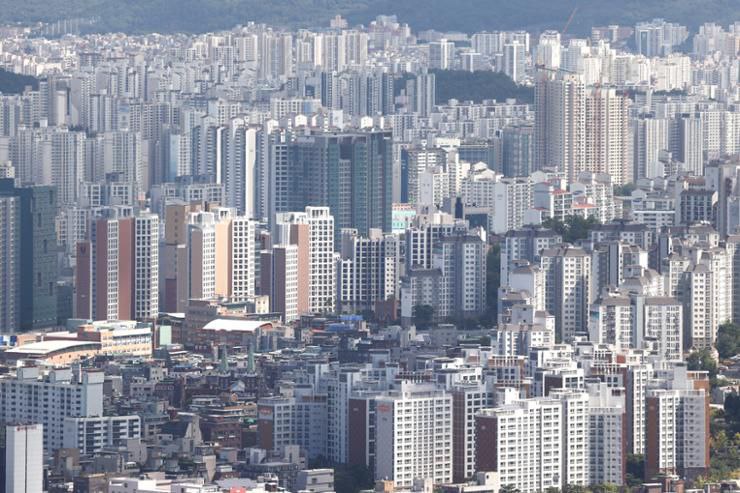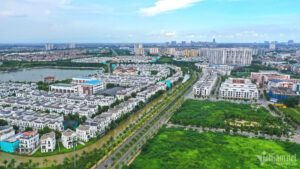Over 10,000 foreigners purchased property in Korea from January to July this year, a 22 percent increase compared to the previous year, publicly disclosed court data showed, Sunday.
Nearly two-thirds of the buyers were Chinese. Over 73 percent of the properties were concentrated in Seoul and the surrounding Gyeonggi Province.
According to Supreme Court data, a total of 10,185 foreign buyers filed applications for changes in real estate ownership pending approval in the first seven months of this year. It was a 22.5 percent increase from last year.
Foreign buyers constituted 0.97 percent of the total homebuyers, up from 0.9 percent last year. The nearly 1 percent increase reflects a steady uptrend from just 0.2
percent in 2010.
Of the total, 6,678 were Chinese, accounting for 65.6 percent. The second-largest group of foreign buyers were Americans, numbering 1,429, followed by Canadians at 433, Vietnamese at 313, Uzbeks at 166, Russians at 155, Taiwanese at 133, and Australians at 121.
The proportion of buildings with individually registered court-certified ownership — primarily residential — reached 7,952 during the same period, marking a 25.4 percent increase from the previous year. Included are apartments, studio apartments, multifamily buildings of about four or five stories, and commercial buildings.
An increasing number of
foreign owners are generating rental income from their properties.
They constituted 0.61 percent of the total of rental properties in the first seven months of this year, up from 0.59 percent last year.
Seoul topped the list, with 4,404 foreign-owned rental properties in the region, followed by Gyeonggi with 2,832, Incheon with 707, South Chungcheong with 282, Busan with 243, Jeju with 126 and Daejeon with 116.
The popularity of real estate investments is partly attributed to Seoul apartment prices maintaining a steady increase for approximately six months.
According to Korea Real Estate Board data, the Seoul apartment sales price index climbed 0.26 percent in the fourth week of August from the previous week, continuing to rise for 23 consecutive weeks.
The weekly figure first registered growth in the fourth week of March this year, with a week-on-week increase of 0.01 percent.
The figure has since risen to a peak of 0.32 percent in the second week of August, approaching a six-year high.
The jeonse market experienced a brief correction period. Unique to Korea, jeonse is a rental system where leaseholders pay landlords a lump sum refundable deposit instead of monthly rent.
Source: Korea Times




